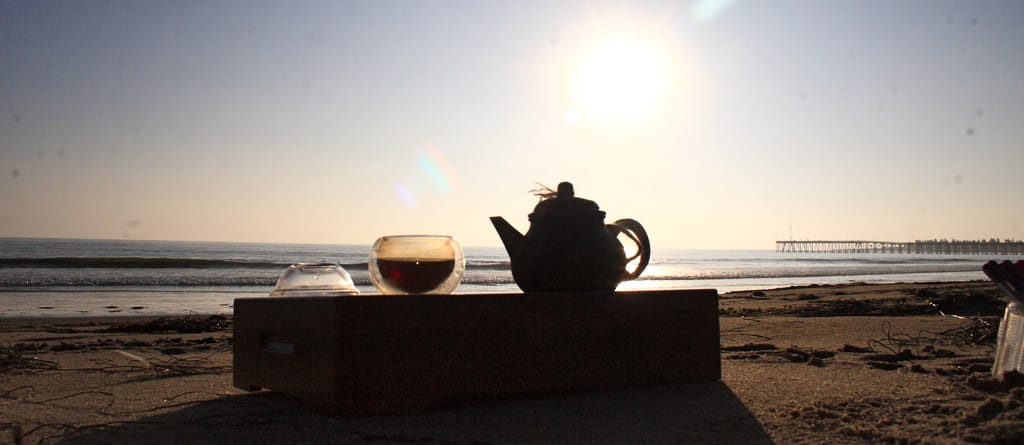Phytonutrients exclusive to the tea plant appear so powerful that they can reverse disease even when just applied to the skin. Now officially incorporated into the Centers for Disease Control STD Treatment Guidelines, the topical application of green tea extracts on external genital warts results in an astounding 100% clearance in more than half the patients tested (see my 2-min. video Treating Genital Warts With Green Tea).
Green tea may even stop skin cancer. In Treating Gorlin Syndrome With Green Tea, I describe a remarkable case report of a woman with basal cell nevus syndrome, a rare genetic condition in which one’s body becomes covered in skin cancers. Her cancer was apparently reversed with topical green tea body wraps. This builds on research into the dietary reversal of other cancers (see Cancer Reversal Through Diet?).
These examples are a testament to the Power of Plants. It’s in line with research on cinnamon (The Safer Cinnamon), saffron (Saffron for the Treatment of Alzheimer’s), watermelon (Watermelon as Treatment for Erectile Dysfunction), flaxseeds (Just the Flax, Ma’am), and Indian gooseberries (Amla Versus Diabetes). Since there are few or no downsides to plant food remedies–if anything, lots of positive side effects!–I have rarely hesitated to prescribe such natural products in my own medical practice.
Which type of tea is best to consume internally? The same leaves of the same plant are used to make white, green, oolong, and black tea. The primary difference is how they are processed; white being the least processed and black being the most. In my 2-min. video Antimutagenic Activity of Green vs. White Tea, green is pitted against white in a head-to-head test against a potent carcinogen found in grilled chicken. White won, and the longer it was brewed, the more protective it became.
Another way to maximize the phytonutrient absorption from tea is to eat it; see Is Matcha Good for You? and A Better Breakfast. Other ways to protect one’s DNA include eating broccoli, avoiding bacon, as well as eating a plant-based diet in general (see Repairing DNA Damage).
For more on caffeine myths, see What About the Caffeine? For the antioxidant comparison of black tea to other teas, see Better Than Green Tea? The “less healthy beverages” line is likely an allusion to soda, about which I have a dozen videos including Food Industry “Funding Effect”, Mercury in Corn Syrup?, and Is Sodium Benzoate Harmful?
-Michael Greger, M.D.
